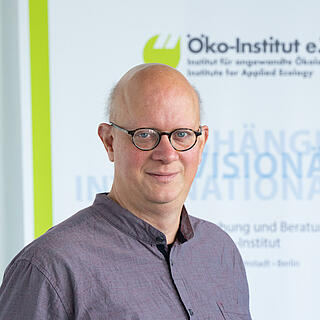Plaster recycling 2.0 - Technical preparation to make drywall and synthetic gypsum available for producing recycled plaster - Gips-Rec2.0
More information about the project
Status of project
End of project: 2024
Project manager
Project staff
Funded by
German Federal Ministry of Education and Research (BMBF)
Project partners
GreenDelta GmbH


